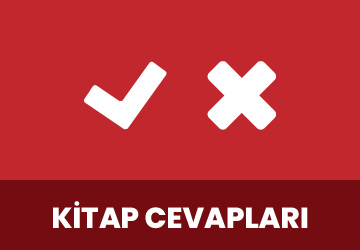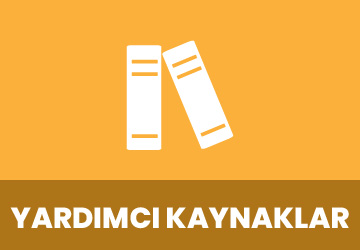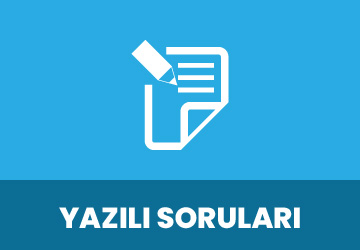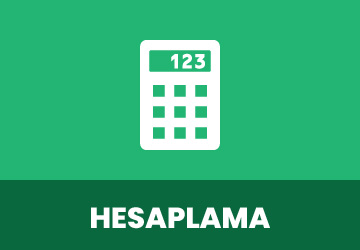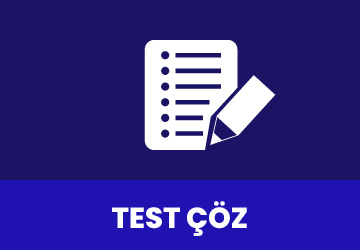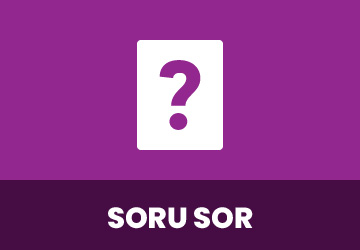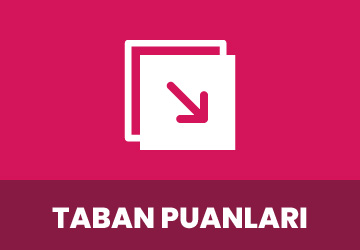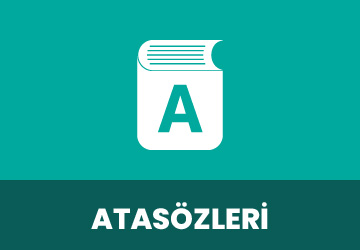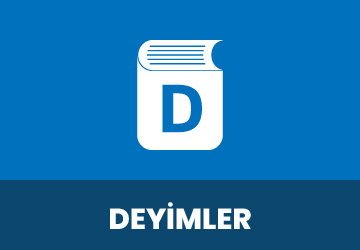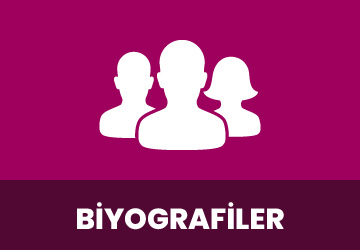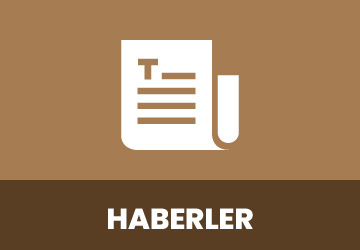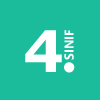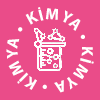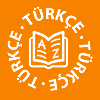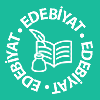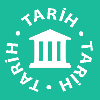
İngilizce Meb Yayınları Yes You Can B1.2 Ders Kitabı Sayfa 106 Cevabı
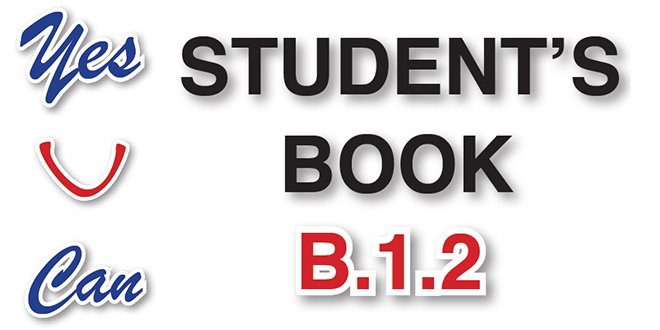

İngilizce Meb Yayınları Yes You Can B1.2 Ders Kitabı Sayfa 106 Cevabı
2017 – 2018 Eğitim Öğretim dönemiyle beraber pek çok ders ve çalışma kitabı değişti. Değişen ders kitaplarından biri de “İngilizce Meb Yayınları Yes You Can B1.2 Ders Kitabı Cevapları” oldu. Kitabı incelediğimizde ise Cansu ÇAĞLAR, Esra Emel, HOYRAZ Havva ARSLAN tarafından 121 sayfa olarak kaleme alındığını görüyoruz. Kitapta görseller ön plana çıkarılmış ve görsel tasarım ise Beyza DİRİK tarafından yapılmış.
“İngilizce Meb Yayınları Yes You Can B1.2 Student’s Book Sayfa 106 Cevapları“nda önce sorular yazıldı daha sonra cevaplar verildi.
SORULAR
For example (zero conditional):
If you sit in the sun, you get burned. (here we are talking about every time a person sits in the sun – the burning is a natural consequence of the sitting)
But (first conditional):
Ifyou sit in the sun, you’llgetburned. (here we are talking about what will happen today, another day might be different.)
We use first conditional to talk about things which might happen in the future. Of course, we can’t know what will happen in the future, but this describes possible things, which could easily come true.
Ifit rains, I won’tgo to the park.
Ifl studytoday, l’ll go to the partytonight.
Ifl have enough money, l’ll buysome newshoes.
She’ll be late ifthe train is delayed.
She’ll miss the bus if she doesn’t hurry.
♦ FUTURE SIMPLE İN ALL FORMS
In English, there are several different ways that we can talk about the future. The most important ones are as follows:
– Predictions / statements of fact
– Intentions
– Arrangements
– Scheduled events
Predictions / statements of fact
The auxiliary verb will is used in making predictions or simple statements of fact about the future. Examples:
The sun will rise at6.30 tomorrow.
Lunch break todaywill be10 minutes longerthan usual.
Do you think she will come soon?
You won’tpass yourexams ifyou don’t start working harder.
I knowmyparents won’tlet me go to the party.
Intentions
The auxiliary verb going to is used in talking about intentions. (An intention is a plan for the future that we have already thought about.)
Examples:
We’re going to buyanewcarnextmonth.
I’m going to work in a bank when I leave school.
İn the New Yeari’m going to stop eating so much junk food.
He’s notgoing to go to the dance. He’s gottoo much work.
I’m not going to watch TV until myscience project is finished.
Are you going to play basketball after school?
What are you going to have for lunch today?
Arrangements
The present continuous tense is used in talking about arrangements. (An arrangement is a plan for the future that we have already thought about and discussed with someone else.)
Examples:
l’m meeting mymotheratthe airporttomorrow.
Our grandparents are visiting us this summer.
Sorry, I can’tstayafterschool today; l’m playing tennis with myfriend.
Mysister’s going to the dentist tomorrow.
Are you doing anything on Sunday morning?
İngilizce Meb Yayınları Yes You Can B1.2 Ders Kitabı Sayfa 106 Cevabı

